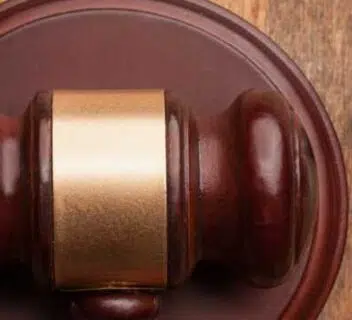Why Medical Records are Key to a Personal Injury Case
If you’ve been injured in a car accident or as the result of a slip and fall, medical malpractice, a product defect or dog bite, medical records will be an integral part of your personal injury case.
Your medical records will show what injuries you sustained, the extent of pain you experienced, what treatment was given, what ongoing conditions you have and how the injury may affect your life, now and in the future.
Without medical records, it’s virtually impossible for a personal injury lawyer to prove that you’ve been hurt as the result of another person’s or organization’s negligence.
Medical Records Help Prove Personal Injury
Accessing medical records is governed by a number of laws established by the Federal Privacy Act of 1974, the Health Insurance Portability and Accountability Act (HIPAA), the U.S. Department of Health, the state in which you live and your employer’s policies.
These days, most medical records are kept in electronic format. Because medical records are protected from disclosure by HIPAA, you will have to sign a release form to obtain copies of your medical records. Hospitals and medical clinics have their own processes, and some may charge a fee for copies.
Insurance companies may ask you to sign a release form authorizing them to access your medical records directly from the doctor’s office. This is a common practice in personal injury cases. DO NOT consent without talking to your lawyer first.
During the discovery phase of a personal injury case, each side in a case may make a Request for Production (RFP) to obtain medical records and other documents that are relevant to the claims being made in the case. Even if a RFP is made, however, the request could be denied. If this happens, medical records and other relevant document could be subpoenaed.
Remember, the other side will be looking for information that can damage your claim or make the severity of your injuries seem less than they actually are. Being honest and open with your lawyer is critical. If the other side tries to use personal information against you that has nothing to do with the claim, your lawyer could have it suppressed. But it’s important to be truthful.
Gathering medical records and other types of evidence for a personal injury case can be complicated and time consuming if you don’t have a lawyer. If you want to consult with an experienced attorney about your personal injury case, call us today. We’re open 24/7 and ready to help!




